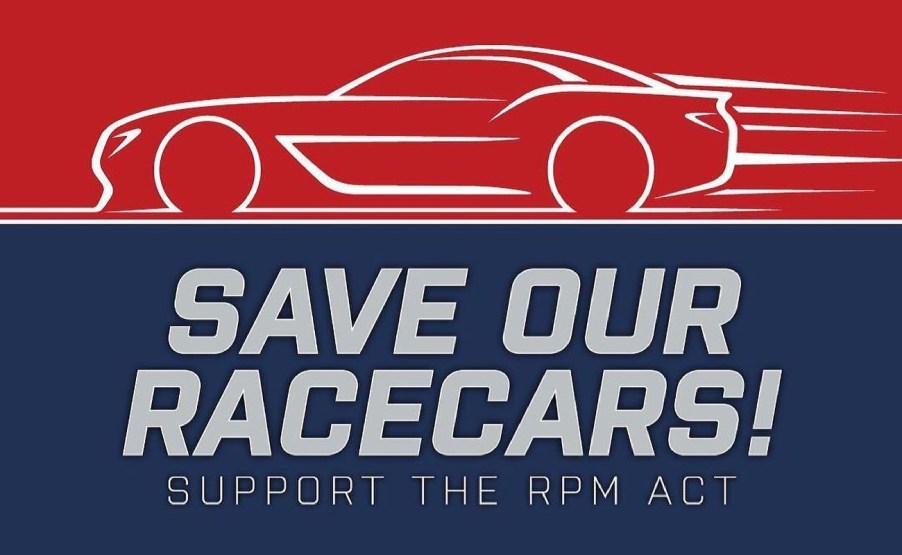
RPM Act Gets 1.5 Million Signatures
Racing has been a part of American culture for over a century. Since the advent of the automobile, there have been those who have modified them so that they might be tested to their limits in what eventually became motorsports. Race cars pushed the evolution of road cars, and road cars became more reflective in race cars.
As we know them, motorsports are under attack from the EPA (Environmental Protection Agency). The EPA has added language to their Clean Air Act that would effectively make it illegal to convert a road car into a race car; Even if that car would never again be used on public roads. Furthermore, it makes it unlawful to manufacture or sell parts that would augment or defeat factory emissions controls. It is all part of a major crackdown that the EPA has launched against aftermarket companies that make performance parts.
Such companies are even under attack at the state level. Currently, in California, anyone who has modified ECU software will instantly fail a smog check.
To combat this regulation, the Specialty Equipment Market Association (SEMA) created the “RPM Act” or the “Recognizing the Protection of Motorsports Act.”
What is the RPM Act?

According to SEMA, The RPM Act is “is common-sense, bipartisan legislation to protect Americans’ right to convert street vehicles into dedicated racecars and the motorsports-parts industry’s ability to sell products that enable racers to compete. The bill clarifies that it is legal to make emissions-related changes to a street vehicle for the purpose of converting it into a racecar used exclusively in competition. It also confirms that it is legal to produce, market, and install racing equipment.”
In other words, it reverses the section of the Clean Air Act that prohibits modifying vehicles for competition use. The RPM Act was initially introduced in 2016 but has recently seen new life as SEMA pushed its members and the racing community to get the word out.
The RPM Act gets 1.5 million signatures

To help the RPM Act get introduced to the U.S. House of Representatives and U.S. Senate, SEMA set up a special webpage that allowed visitors to digitally sign and send a letter directly to their representative asking them to support the RPM Act.
To date, SEMA claims that over 1.5 million letters have been sent from that page. Due to the support of the community, the RPM Act has gained bi-partisan support.
Senators Richard Burr (R-NC) and Jon Tester (D-MT) have reintroduced the RPM Act in the U.S. Senate. SEMA claims that the reintroduced act has the support of six sponsors, including Mark Kelly (D-AZ), Joni Ernst (R-IA), Joe Manchin (D-WV), and Thom Tillis (R-NC).
“Amateur motorsports is a unique American pastime,” said Senator Burr. “This bipartisan legislation provides certainty for folks who enjoy America’s long-held racing tradition, in the spirit Congress intended when it passed the Clean Air Act more than 50 years ago. I’m proud to work with my colleagues on this common-sense legislation to protect the legacy of American motorsports for years to come.”
If the RPM Act fails, it could mean the end of grassroots racing and series such as Formula Drift, MX-5 Cup, and all forms of GT racing.
While this new development is promising, there is no guarantee that the RPM Act will go into effect. SEMA continues to urge its members and enthusiasts to reach out to their representatives as the 2-billion dollar aftermarket and motorsports industry hangs in the balance.


